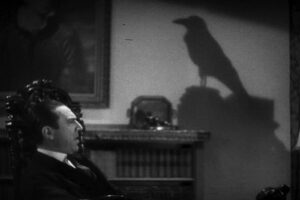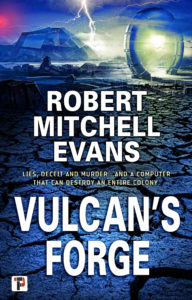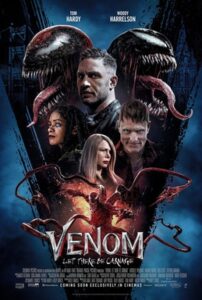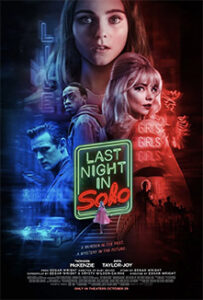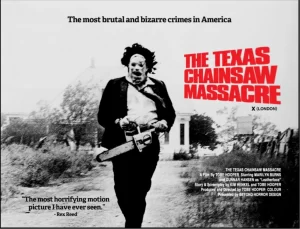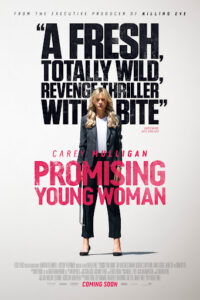There aren’t very many films that blend horror with film noirbut 1987’s Angel Heart is one of them.
In Post-war New York Private Detective Harry Angel is commissioned by French Client Louis Cyphre to discover if pre-war Big Band Singer Johnny Favorite, who has debt to Cyphre, is alive 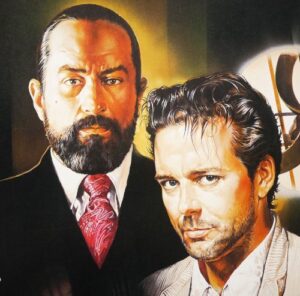 or dead. Angel’s investigation leads him from New York to New Orleans and at seemingly every turn vital witnesses are brutally murdered implicating Angel. Johnny’s trail leads Angel into a web of Satanism, Black Magic, sensationalized and sexualized depictions of ‘Voodoo,’ and the truth behind Johnny’s mysterious disappearance.
or dead. Angel’s investigation leads him from New York to New Orleans and at seemingly every turn vital witnesses are brutally murdered implicating Angel. Johnny’s trail leads Angel into a web of Satanism, Black Magic, sensationalized and sexualized depictions of ‘Voodoo,’ and the truth behind Johnny’s mysterious disappearance.
Angel Heart fails to fully realize its premise and never succeeds at either its Noir nor its Horror aspirations. As a Noiris doesn’t provide enough twists and turns in the narrative with each link in Angel’s investigation leading to the next without much detecting or discovery required by Harry. Rather than key pieces coming together after his diligent work the solution to Johnny’s disappearance to given as an expository dump by the final witness. Speaking to its horror aspect the story again fails to lay out a foundation prior to the reveal that recontextualizes the murders and the truth that had been hidden. The very same expository dump that explains the mystery also serves to reveal the black magic at its heart and that is simply too much for one scene of exposition to lift.
The greatest failing of Angel Heart is that until the very final moment of the film it is all plot and not story. Harry is hired to find a missing singer. This is just another job for Harry without emotional and personal importance. The dangers become personal as the murder pile up and he becomes more and more implicated but that seemingly has little or nothing to do with Harry’s character. When a story involves a character enacting their profession it needs to transcend those requirements of the job and become personal to have emotional weight. A doctor working to save a patient’s life is a plot, a doctor who has become hopelessly in love with his patient and cannot live without them and now must save them is a story. To price of failure rises above the routine. Harry, until the final scenes, has no personal stakes in the investigation and thus has no personal story to tell.
With the film’s flaws there are reasons to watch Angel Heart. The cinematography is luscious capturing the grime and grit of New York city equally well with the heat and humidity of New Orleans. Director and screenwriter Alan Parker leans into symbolism and a fractured narrative that foreshadows Lynch’s own exploration in Noir horror with his Mulholland Dr. giving Angel Heart an almost dreamlike logic.
I watched Angel Heart on my own Blu-Ray Disc.

